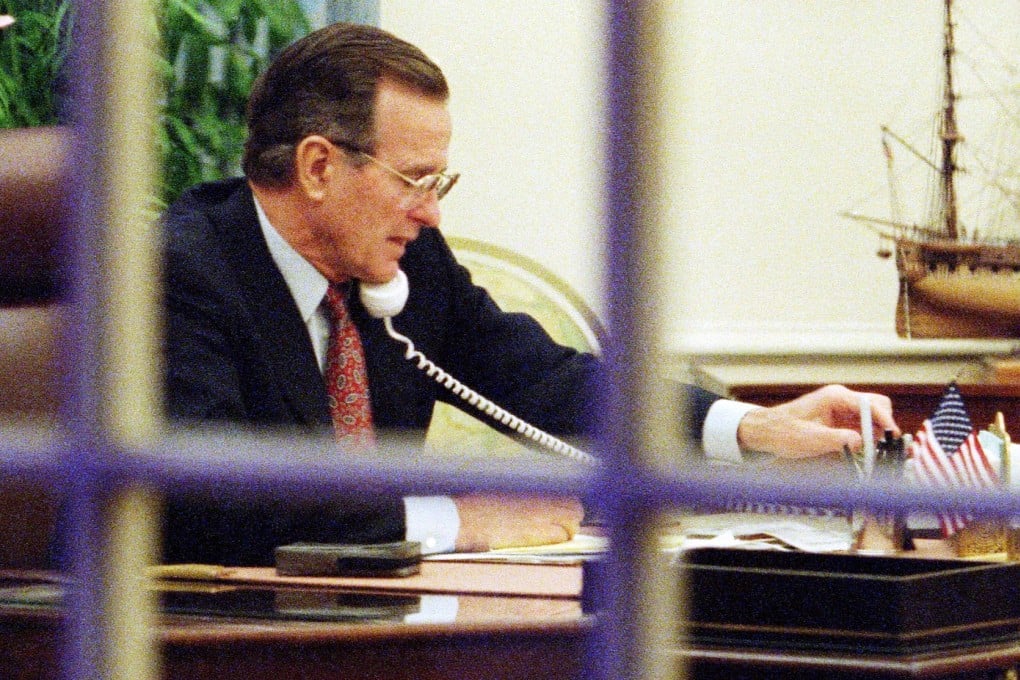My Take | Why the late George H.W. Bush is the most underrated great US president
- From Iraq to Ukraine (and the Middle East to Europe), the world today would have been a much better and more peaceful place if his successors, especially his son, had followed Bush Snr’s diplomacy and its underlying rationale

“For the 28 years that he served as chancellor of Germany, Bismarck preserved what he had built by a restrained and wise diplomacy, which was the single most important element in maintaining the peace of Europe.” – Henry Kissinger
Some people complain I never have a good word to say about the United States. That’s not quite true. I am sure if I dig deep enough, I can find a piece or two from a daily column that spans more than a decade where I said something nice.
But today, I will change tracks: George H.W. Bush, the 41st US president. The more I read about him, the more it seems to me he has been the most underrated president of the last century. Sadly, that tends to be the fate of one-term presidents.
If his international diplomacy, designs and rationale had been followed by his successors, especially his son and the 43rd president George W. Bush, the world we live in today would have been a more peaceful place. His diplomatic restraint was worthy of Otto von Bismarck; alas at a moment of unipolarity as the United States became the world’s first hyperpower, his successors hardly understood what the word even meant.
Here, for contemporary relevance, I will pick only two points about the 41st and his achievements: Ukraine and Iraq.
Ukraine
